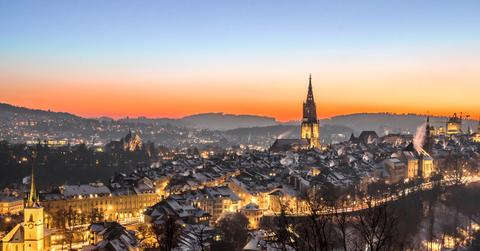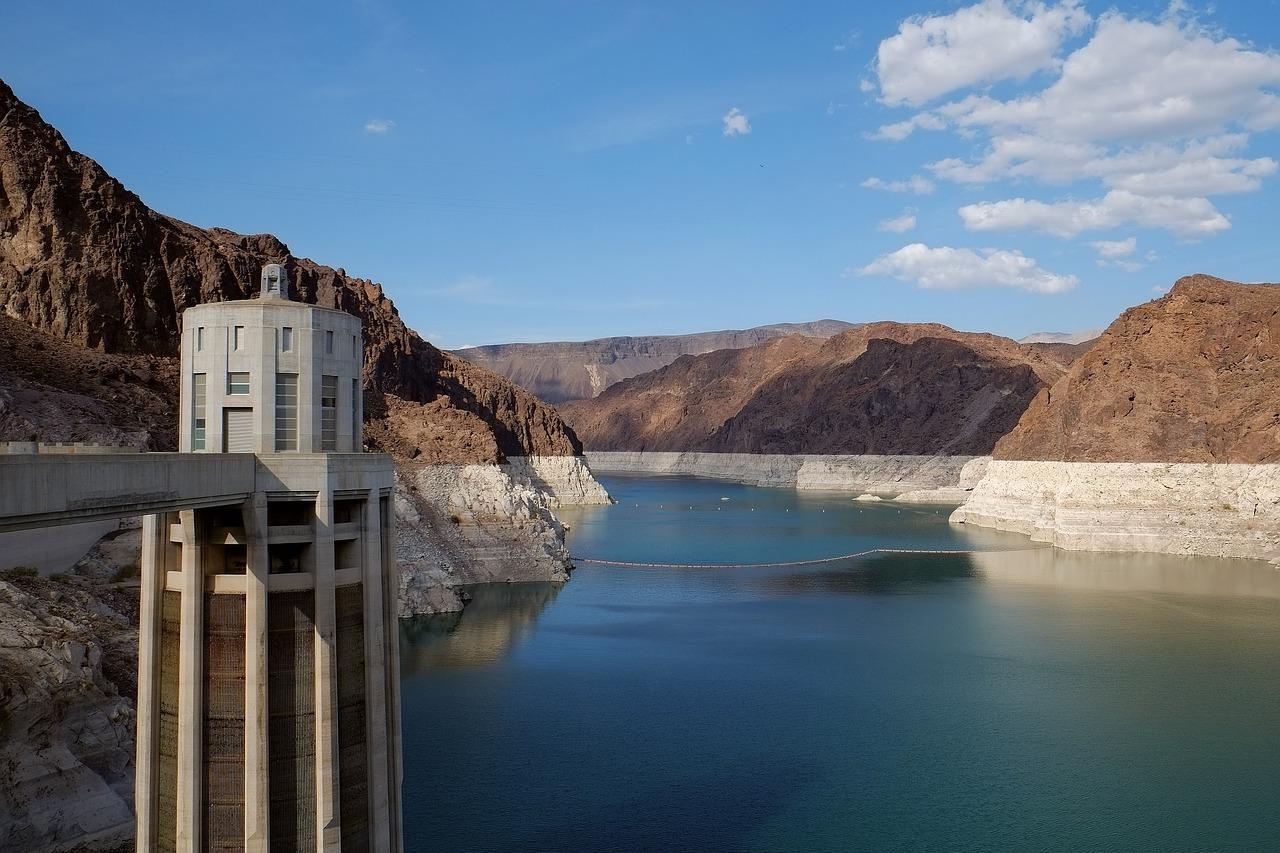Switzerland Halts Nuclear Plant Production To Focus On Renewable Energy
Over 58 percent of Switzerland's population voted in favor of putting a halt to nuclear power plant production. This begins the process of phasing out traditional energy while putting more of a focus on renewable sources like hydro and solar.
Updated May 25 2019, 6:12 p.m. ET
Switzerland aims to get out of the nuclear power business beginning in 2018. They plan to become one of the many countries that have pushed renewable sources to the forefront of their power supply with the passing of the Energy Strategy 2050 law on Sunday. Those pioneers include places like Iceland, which is already fueled on 100 percent renewable energy, and Germany, which recently had 85 percent of their country run on renewables over a holiday weekend.
The country has already made the push to hydroelectricity, which accounts for nearly 60 percent of all the sources of energy based on data from the Swiss Federal Office of Energy. Nuclear energy is next with 33.5 percent. Notably, 58.2 percent of the country’s population voted in favor to not build any further nuclear power plants.
This call for renewable energy started back in 2011 after the nuclear disaster at Fukushima in Japan. The biggest earthquake to rock the country killed over 20,000 people and destroyed the nuclear reactor, leading to contamination all over the area. Cleanup is expected to finally begin in 2021 after research has concluded, and the process could take up to 40 years. Germany will be phasing out all of their nuclear plants, as well.
Regula Rytz, the president of Switzerland’s Green Party, told BBC News that the approved vote was “absolutely magnificent.” As Rytz explains, "The Swiss population has said 'no' to the construction of new nuclear power plants and yes to the development of renewable energy...The conditions have also been set whereby the economy and households will need to take responsibility for the future.”
Going 100 percent renewable hasn’t been supported by everybody. Shutting down the nuclear plants likely won’t happen anytime soon in Switzerland. Five are currently operational and there wasn’t enough push to limit their lifespan. Some still argue that renewable costs will be too high, the installation of solar and wind farms would ruin the land, and others are skeptical about the reliability of these alternative sources.
However, those against the use of renewable energy are finding it harder to argue. Solar energy continues to become cheaper. Last December, the World Economic Forum revealed that they were roughly the same world average cost as fossil fuels. It’s been a significant drop since 2000, when it was over seven times more expensive than hydro sources.
Price decreases will only continue for solar energy. It’s projected to become half as expensive as coal and gas. For the United States, it was estimated that 125 solar panels have been installed each minute in 2016. These renewable sources have been cheaper domestically a few years prior to that. The National Oceanic and Atmospheric Administration estimated last year that when 2030 rolls around, the US may be able to “slash greenhouse gas emissions from power production by up to 78 percent.”
While Switzerland may not be able to eliminate traditional energy sources anytime soon, the push to not build any more nuclear plants and focus strictly on alternative options is a positive step in the right direction.

